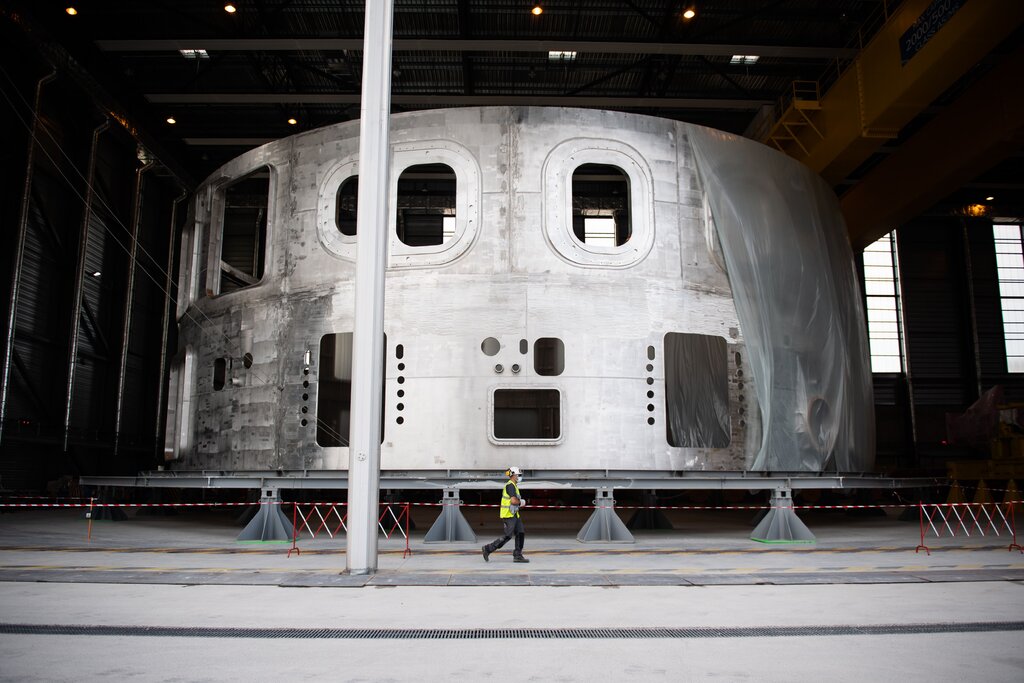Compact Nuclear Fusion Reactor Is ‘Very Likely to Work,’ Studies Suggest?

© NYTimes
Henry Fountain discusses about recently published papers and ongoing work by researchers which has reignited the hope of mimicking the way the sun produces energy. If it successfully comes to reality it will help contribute to the fight against climate change. The reactor for this, called as Sparc, will be built together by MIT and a company called Commonwealth Fusion Systems in the next 3-4 years. After a successful construction and testing it could be used to generate electricity by fusion. This project's timetable is thoughtfully planned to bes faster to develop "fusion in time for it to play a role in mitigating global warming". Fusion reactors are far different than the usual fission reactors in not only the physics, but also in being more environmentally friendly since they don't burn fossil fuels and not producing greenhouse-gas emissions. Also it's fuels, isotopes of Hydrogen, are far more plentiful than the uranium used in nuclear plants. It also generates "less, and less dangerous, radioactivity and waste than the usual fission plants".
Although the idea has been discussed multiple times over the last century, but it never came to fruition. The recent work by researchers of SPARC have "laid out the evidence that Sparc would succeed and produce as much as 10 times the energy it consumes". However, anything conclusive can only be said when the final product is ready to work. The location for Sparc will be announced in few months.